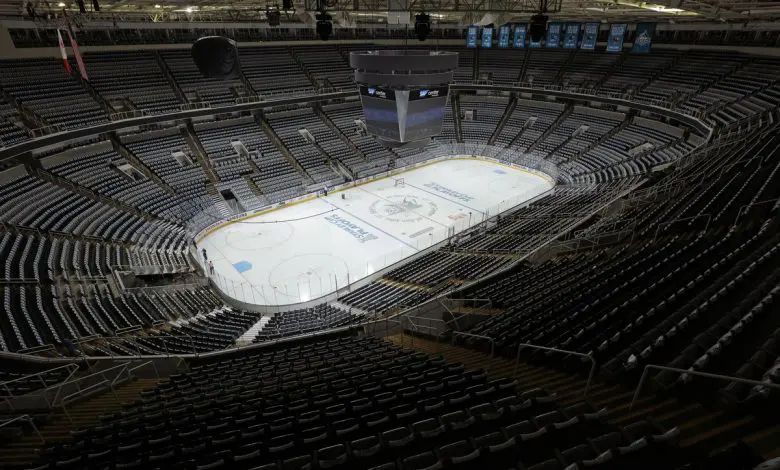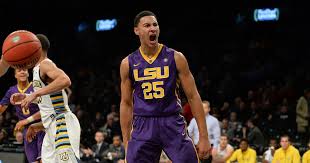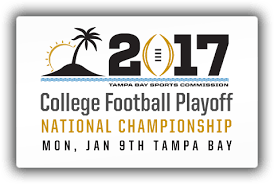Coronavirus’ Impact On Sports To Cost $12 Billion

At the request of ESPN, Patrick Rishe, who directs the sports business program at the University of Washington in St. Louis, conducted an analysis of the shutdown brought on by the coronavirus pandemic. The results are “mind-numbing,” according to Rishe.
The analysis shows that at least $12 billion in revenue and hundreds of thousands of jobs will be wiped out by the sudden loss of sports in the wake of the pandemic. If the coronavirus leads to a cancellation of the NFL and college football seasons, those numbers could more than double.
The current crisis is having an impact on every aspect of the $100 billion sports industry, hitting hardest at the level of low-wage service workers who are now unemployed.
And the reach of the pandemic’s effect on the world of sports is spreading. The losses suffered by the sports industry are draining tax revenue that supports firefighters, police, and other local services.
“As an economist, you stand back, you look at the carnage that’s taking place — dumbfounded, awestruck, mind-numbing,” Rishe said. “All of those phrases, they’re all relevant because we just have never seen anything on this scale.”
The suffering extends to sports gambling, as Nevada books saw a 76% year-over-year decrease in wagers in March. After generating $400 million in wagers in March of 2019, the cancellation of the NCAA basketball tournament resulted in just $141 million in action at Nevada books over the same month.
The numbers in Rishe’s analysis do not include projected gambling losses.
How the Analysis Arrived at $12 Billion
In addition to conducting interviews with sports executives, concession workers, and more, ESPN worked had Rishe analyze publicly available data, and worked with labor analytics firm Emsi to estimate the pandemic’s effect.
To arrive at an estimation, Rishe had to make assumptions about several aspects of the sports calendar. For example, he projected that MLS and MLB would be able to salvage at least half their seasons with fans in attendance, two prospects that appear less likely every day.
Rishe also projected that both the NBA and NHL would cancel the rest of the regular season and hold playoffs without fans.
Because the analysis reaches all the way down to the youth sports level, Rishe worked on the assumption that youth sports would resume by July.
Those are optimistic projections, and the analysis is conservative in many other ways as well. For example, projected losses from gambling, NASCAR, golf, tennis, and other minor sports are not included.
Still, the effects of the virus are damning, with more than $3.25 billion that fans would have spent on pro sports wiped out, among other impacts on the sports industry.
The analysis was in-depth, examining things like how much a person might spend to take a child to an out-of-state soccer tournament.
As far as insurance goes, the sports industry is largely out of luck. While big events like the Olympics and Wimbledon were armed with comprehensive insurance policies, major U.S. sports leagues were not covered for a pandemic.
If the NFL and college football are forced to shut down, the impact of the pandemic could be catastrophic. Roughly $4 billion in revenue is brought in by the 65 college football programs in the Power 5 alone, making up almost half of all athletic department budgets.





